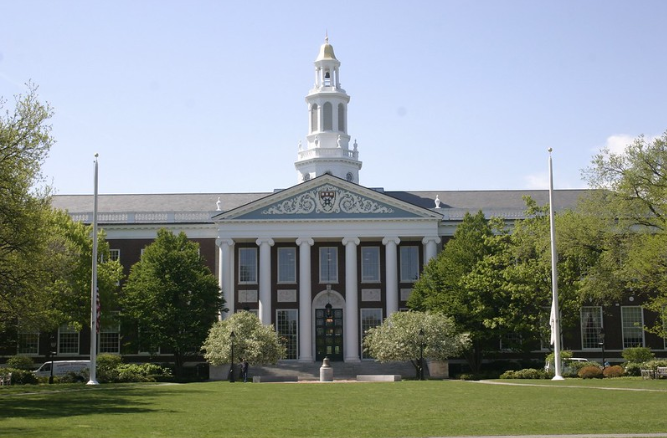How to get into Harvard Business School
/Over 9,228 people applied to Harvard Business School in 2019, but only 10.2% of applicants matriculated, resulting in 938 students for the HBS class of 2021. What is the difference between the applicants who were offered a spot and those who were rejected? What can you do to make sure you are one of the lucky people who gets into Harvard Business School?
Table Stakes
It is clear from the HBS website that there are some minimum table stakes you need to meet in order to gain admission into Harvard Business School.
GPA/GMAT/GRE: With an average GPA of 3.70, you probably shouldn’t be too far under a 3.5 if you want a decent shot at admission. The median GMAT score for the class of 2021 is 730 and the median GRE verbal and quantitative scores are 163/163. We tell the candidates that we work with that once you have higher than a 710, you don’t need to worry about retaking the GMAT, although if you have a very low GPA, a higher test score will help you. We like to use this website to calculate the GMAT equivalent for the GRE.
There is no preference between submitting test scores for the GMAT vs. the GRE – take whichever test you feel you will score best in. People who are stronger at math tend to excel in the GMAT, whereas people who are strong verbally tend to do better on the GRE, but this is a generalization. Our recommendation is to take a free practice test or answer some practice questions for both tests to see which one you gravitate toward.
Work Experience: The average years of work experience is 4.7. Now, this doesn’t mean that if you have fewer than 4 years you will not get in; rather, it means that you should have enough work experience to allow you to make a significant impact in your role, and for most people that seems to take about 4-5 years.
Previous Industry: HBS does not care which industry you came from pre-MBA. If it seems like they tend to favor consulting or tech, it is because that is where most of the applicants are coming from. Dee Leopold, the former head of admissions, used to say that HBS is trying to build a “salad” (her words), so they need to get a good mix of students from different backgrounds and industries to bring diversity to the class. However, keep in mind that if you’re applying from a common industry, you may need to have a stronger application to stand out.
But I have a 4.0 from Yale and I worked at McKinsey and Facebook – why did I get rejected?
A quick perusal of MBA forums will reveal numerous people posting their incredible stats and profiles, along with their rejection results from top schools. Why is this?
Here is the tough truth – there are way more people who apply to schools like Harvard Business School and meet the minimum table stakes than there are spots. Unlike college applicants, business school applicants to schools like HBS tend to be a more self-selecting group of people who feel like they at least have a remote shot at being accepted, i.e. meeting the minimum table stakes. So, it is clearly not enough to just meet the minimum table stakes. What sets apart those who get accepted and those who don’t?
Ivy Admissions Group originally started out by helping Waitlist clients, and over the years we have had the opportunity to see hundreds of profiles that clearly meet the minimum table stakes, but were missing something to push them into the accepted zone. What we’ve been able to figure out is that special ingredient that moves the application from Waitlist -> Accepted. What is that special ingredient? Narrative. It’s a simple word, and quite frankly, a simple concept. But it is often misused, forgotten, or implemented haphazardly. A narrative is a story arc that connects your personal inspirations and motivations to your career aspirations. In the case of an MBA application, a personal narrative will inform the admissions committee how you ended up on your current life story arc, show where this arc will take you by projecting it into future, and then argue why business school is the logical next step in your career because it is the perfect bridge to connect the two. Why are you more deserving to attend HBS than the other candidates whose resumes and profiles look remarkably similar to yours?
It is crucial that your personal narrative be authentic and reflected in every component of your application, something that takes a lot of deep personal introspection and reflection. For many people, this is a struggle, and it can help to have an objective third-party work with you to try and distill your personal narrative. If this is something you might need help with, please feel free to get in touch for a free consultation, or check out our Complete School Package and Narrative Bootcamp services.






